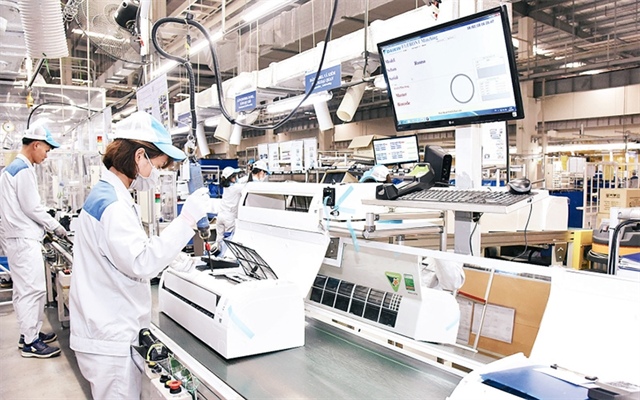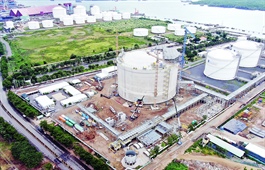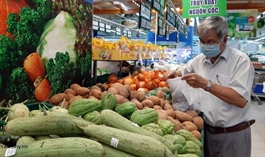Experts urge law to bolster Vietnam’s support industry enterprises
Experts urge law to bolster Vietnam’s support industry enterprises
Supporting industry enterprises are facing opportunities and challenges stemming from the various free trade agreements which Vietnam has signed.
Difficulties and opportunities intertwined
Vietnam’s participation in a series of new generation free trade agreements (FTAs) has generated increasing demand for cooperation, investment, production and business development between domestic enterprises and foreign-invested ones.
The Chair of the Hanoi Supporting Industries Business Association (HANSIBA) Nguyen Hoang said many supporting industry enterprises have been able to supply large multinational corporations. Together with international enterprises operating in Vietnam such as Canon, Samsung, Toyota, and Honda, they have exported products directly around the world, yielding significant revenues. Therefore, the association has been making efforts to promote supply and demand connections for domestic supporting industry enterprises with such enterprises.

The textile and garment industry is dependent on imported raw materials and accessories |
Assoc. Professor Dr. Phan Dang Tuat, Deputy Chair of the Vietnam Association for Supporting Industries (VASI), noted that Vietnamese supporting industry enterprises have been greatly affected by the Covid-19 pandemic. However, the pandemic has also offered them new opportunities. The movement of investors and suppliers to Vietnam is creating a new “playground” for supporting industry enterprises, he said.
Despite the opportunities, the number of domestic enterprises, especially supporting industry enterprises participating in the production network is still low, and most are small and medium-sized, with capital and experience limitations in meeting the strict requirements of foreign-invested companies.
Creating momentum
The government has set out a target for Vietnamese enterprises to produce competitive support industry products meeting 45 percent of the essential needs for domestic production and consumption by 2025, accounting for about 11 percent of industrial production value by 2025. About 1,000 enterprises are expected to be capable of supplying directly to assembly enterprises and multinational corporations, with domestic enterprises accounting for about 30 percent by 2025.
However, many economic experts believe Vietnam will be hard pressed to achieve the set targets due to its high dependence on raw materials and accessory imports from China, for example, for production of the textile and footwear industries. Similarly, other key industries such as electronics, automobile manufacturing and assembly also depend heavily on imported raw materials and accessories, which also plunged them into difficulties when the pandemic broke out and disrupted supply chains.
The experts recommend that the government speedily submit the Law on Supporting Industry to the National Assembly to help domestic firms join this playing field, and that the government issue specific directives requiring foreign corporations in Vietnam to increase the localization rate by placing orders with domestic manufacturers.
|
Supporting industry is identified as an important field, which not only creates a driving force for domestic industry development, but also attracts foreign investment and increases export value. |























